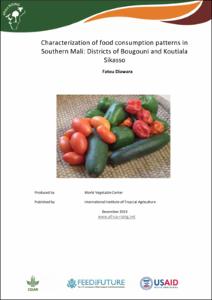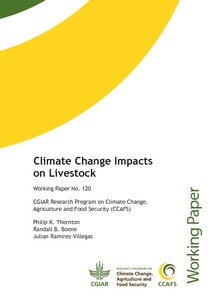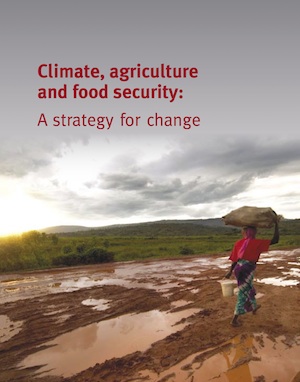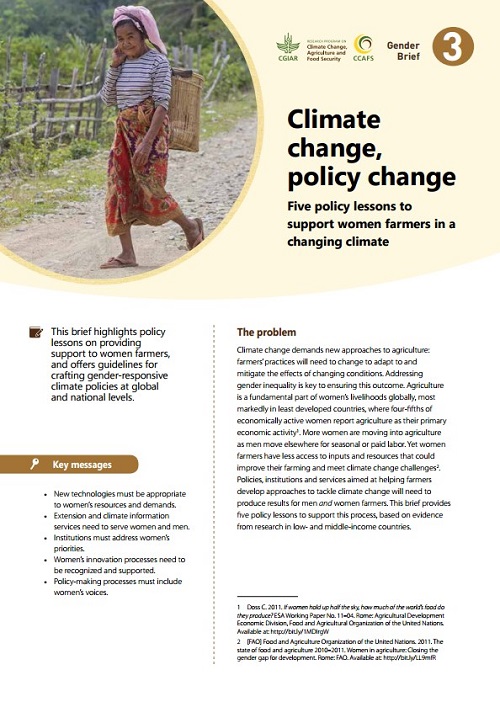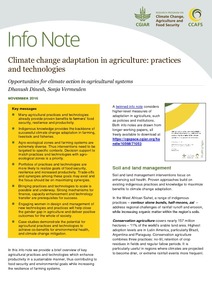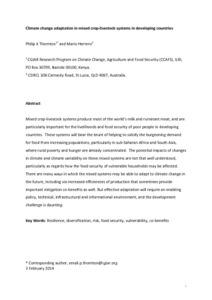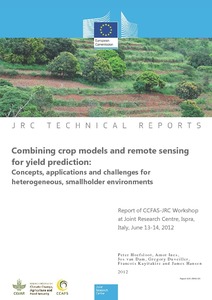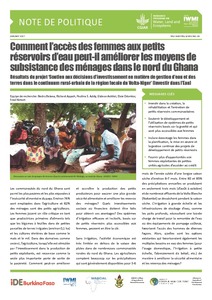Changing rainfall patterns and farmers ’ adaptation through soil water management practices in semi- arid eastern Kenya
There is limited documentation of soil and water management technologies that enhance adaptation to climate change in drylands of Kenya. Rainfall patterns were analyzed in the semi-arid Machakos and Makueni counties of eastern Kenya using historical data. A total of forty-three smallholder farmers implementing soil water management practices were sampled, and an estimate of the seasonal water budget for current crop and livestock production systems computed.


